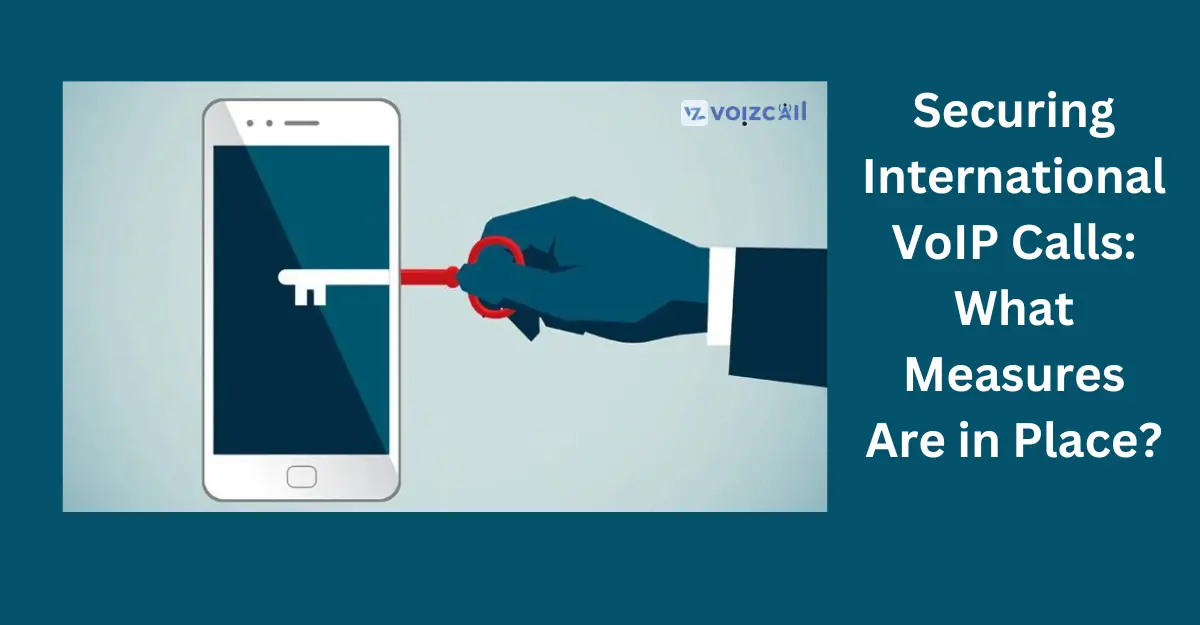


26/Mar/2024
Securing international Voice over Internet Protocol (VoIP) calls is crucial for protecting sensitive communication and data from potential threats. While VoIP offers numerous benefits such as cost savings and flexibility, it also introduces security risks that need to be addressed.
One measure in place for securing international VoIP calls is encryption. Encryption scrambles the data transmitted during a call, making it unreadable to anyone who intercepts it without the decryption key. By encrypting VoIP traffic, organizations can prevent eavesdropping and unauthorized access to sensitive information.
Additionally, authentication protocols play a vital role in ensuring the integrity of VoIP calls. Authentication verifies the identity of users and devices participating in a call, preventing unauthorized access and impersonation. Protocols like Secure Real-time Transport Protocol (SRTP) authenticate endpoints and encrypt VoIP traffic, providing a secure communication channel for international calls.
Firewalls and intrusion detection systems (IDS) are also essential measures for securing international VoIP calls. Firewalls monitor incoming and outgoing traffic, filtering out suspicious or malicious data packets that could compromise the integrity of VoIP calls. IDSs detect and alert administrators to potential security breaches or anomalies in VoIP traffic, enabling proactive responses to threats.
Furthermore, network segmentation helps mitigate security risks by isolating VoIP traffic from other data traffic on the network. By separating VoIP traffic into its own segment, organizations can implement specific security policies and controls tailored to protect VoIP communications from external threats.
Regular security updates and patches are critical for maintaining the security of VoIP systems. Vendors frequently release updates to address newly discovered vulnerabilities and strengthen the security posture of VoIP platforms. Organizations should prioritize installing updates promptly to mitigate the risk of exploitation by cyber attackers.
In conclusion, securing international VoIP calls involves implementing a combination of encryption, authentication, firewalls, IDSs, network segmentation, and regular updates. By adopting these measures, organizations can safeguard their VoIP communications against potential threats and ensure the confidentiality, integrity, and availability of their sensitive data.